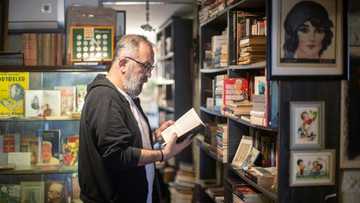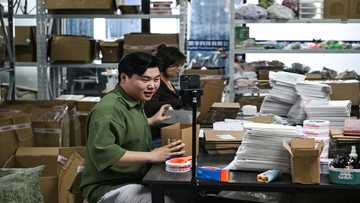Fake luxuries supplant tradition in Istanbul's Grand Bazaar
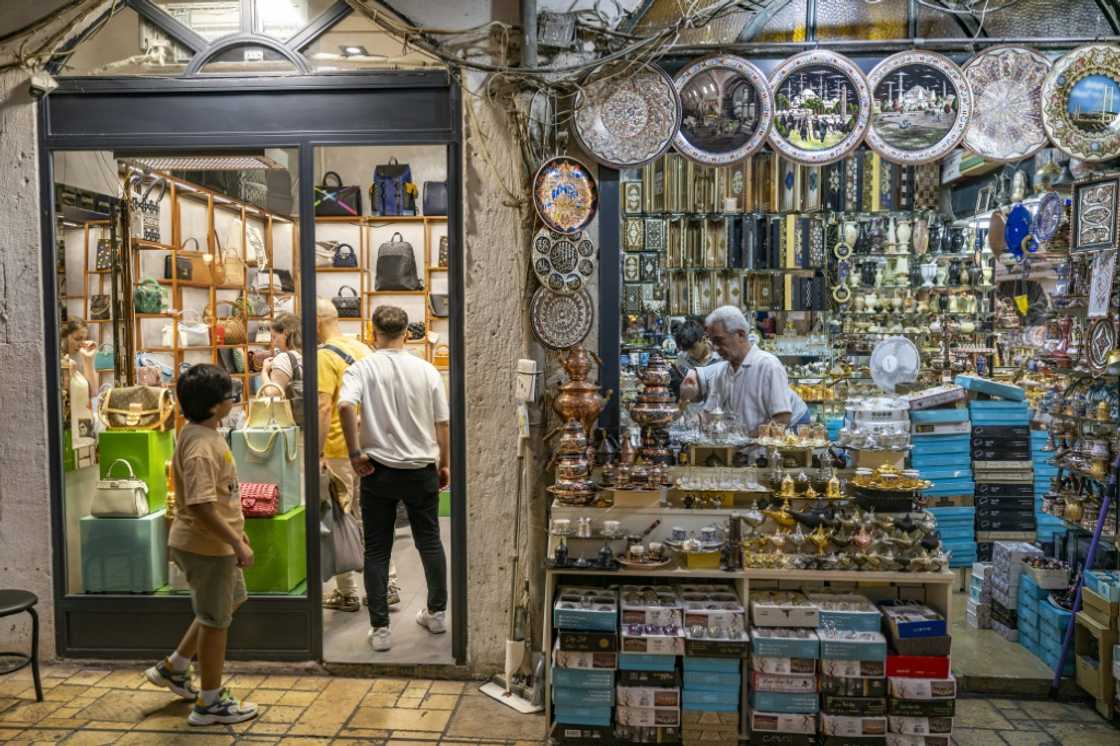
Source: AFP
Cut-price branded perfumes and fake high-end handbags line the ornate alleys of Istanbul's Grand Bazaar, with traditional merchants saying the luxury counterfeits are stripping the marketplace of its character.
Where heritage Turkish crafts once flourished under the Ottoman-era marketplace's painted ceilings, the elegant carpet store run by Hasim Gureli is now surrounded by shops selling designer dupes.
"Back in the day, imitations were rare," said Gureli, who is vice-president of the bazaar's traders' association and a member of its board of directors.
"When some people started selling fake bags, they kept themselves hidden. They were afraid of the state," the carpet-seller added.
Many others among the bazaar's old-timers, who have fond memories of the small workshops that used to fill its labyrinthine alleyways, despair at seeing it overrun by fraudulent facsimiles.
Two aisles down, tea set-seller Gazi Uludag lamented that the Grand Bazaar has "lost its unique character".
PAY ATTENTION: All celebrity news in one place! Follow YEN's Facebook Broadcast channel and read on the go.
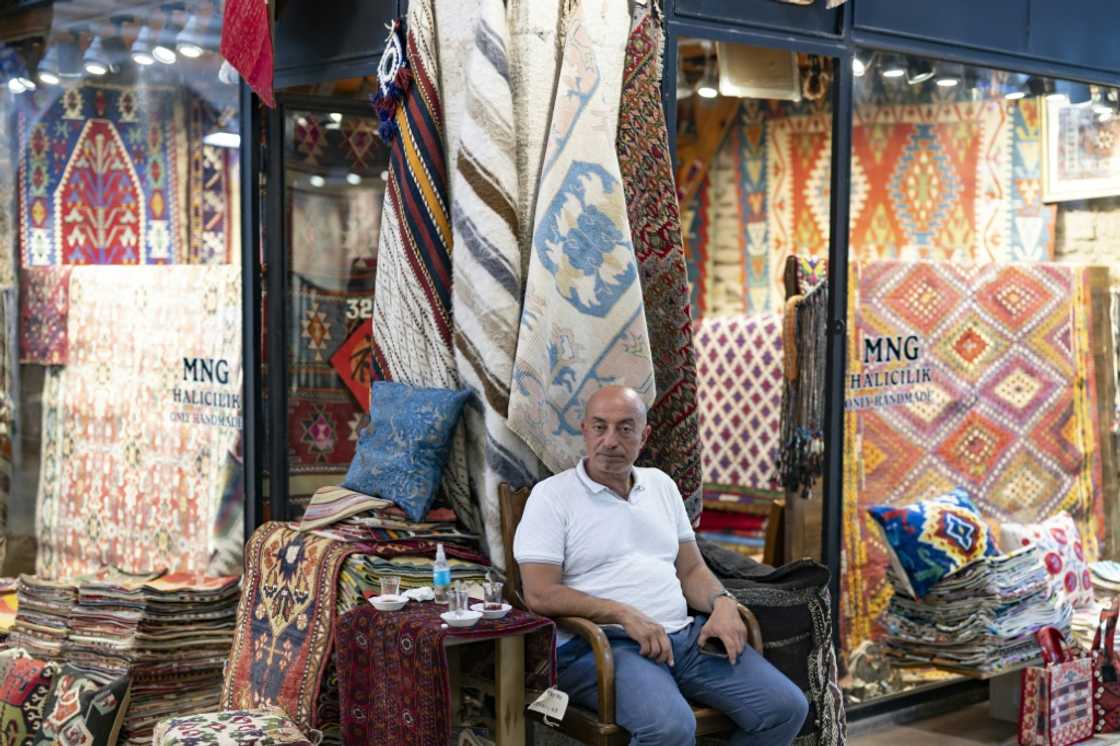
Source: AFP
"There is nothing but imported or counterfeit goods left and it's getting worse every year," he said.
In her handmade carpet store, Florence Heilbronn-Ogutgen bemoaned the fact that an artisan friend "who used to make real, beautiful bags in very good leather" had to shutter his shop, unable to make a living.
For the shopkeeper, who has been at the bazaar since 1998, artisans "can no longer survive" in the face of competition from the dubious dupes.
"These days, the finest boutiques are the counterfeit ones!" she said.
"They're the only ones left who can afford the $10,000 to $15,000 a month rent on the main alley. The bazaar has lost its soul."
Cheap luxury
One of the world's largest covered markets, the almost six-centuries-old Grand Bazaar attracts millions of tourists every year -- many of them lured by the promise of cheap luxury.
"All of Europe comes here! I've even had footballer's wives," beamed 36-year-old Kemal, reluctant to give his surname for fear of checks on his merchandise.
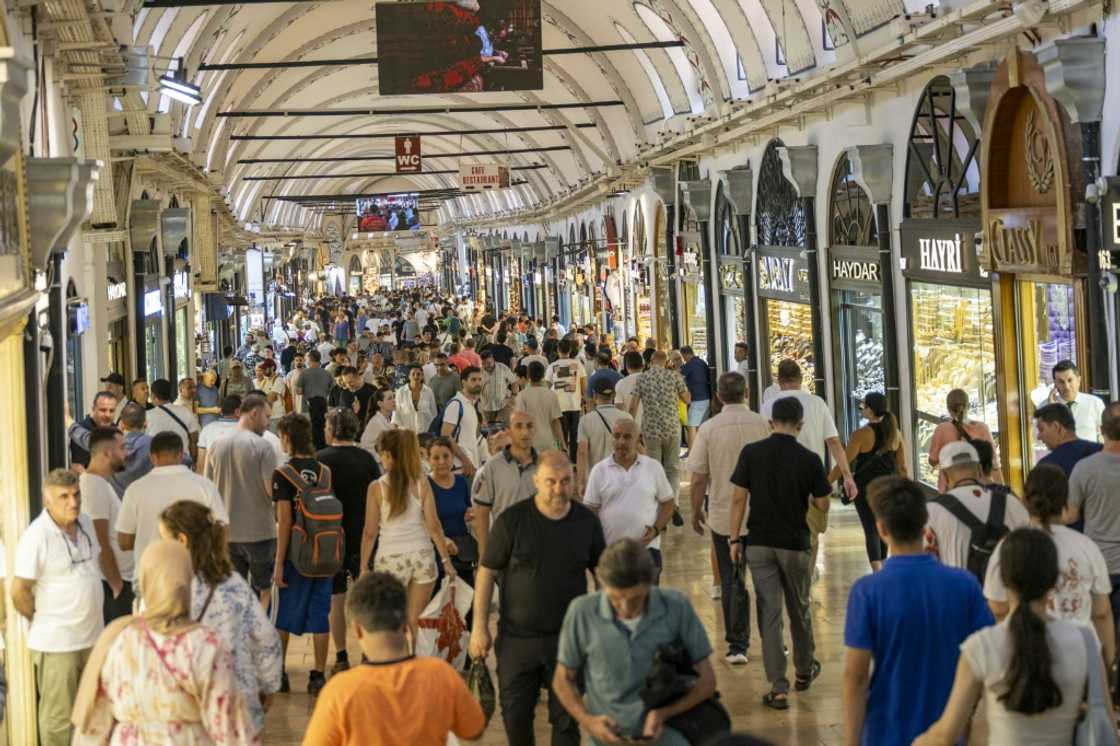
Source: AFP
Kemal made his living selling "made in Turkey" counterfeits for 15 years, before luxury fakes began taking over each of the bazaar's hallowed shop windows one by one.
His imitation Celine calfskin and Saint Laurent quilted leather handbags "are of the same quality as the originals, but five to 10 times cheaper", the vendor promised.
Whatever the bag, a knock-off can be found at the Grand Bazaar.
"If you can find it on the Champs-Elysees, then you can find it here," he said.
'Very high profits'
As one of the main countries for the production and transit of counterfeit goods, along with China and Hong Kong, knock-offs are ubiquitous in Turkey.
The trade supports a whole economy of its own, from the small retailers to the manufacturers who also export their counterfeits to the European Union.
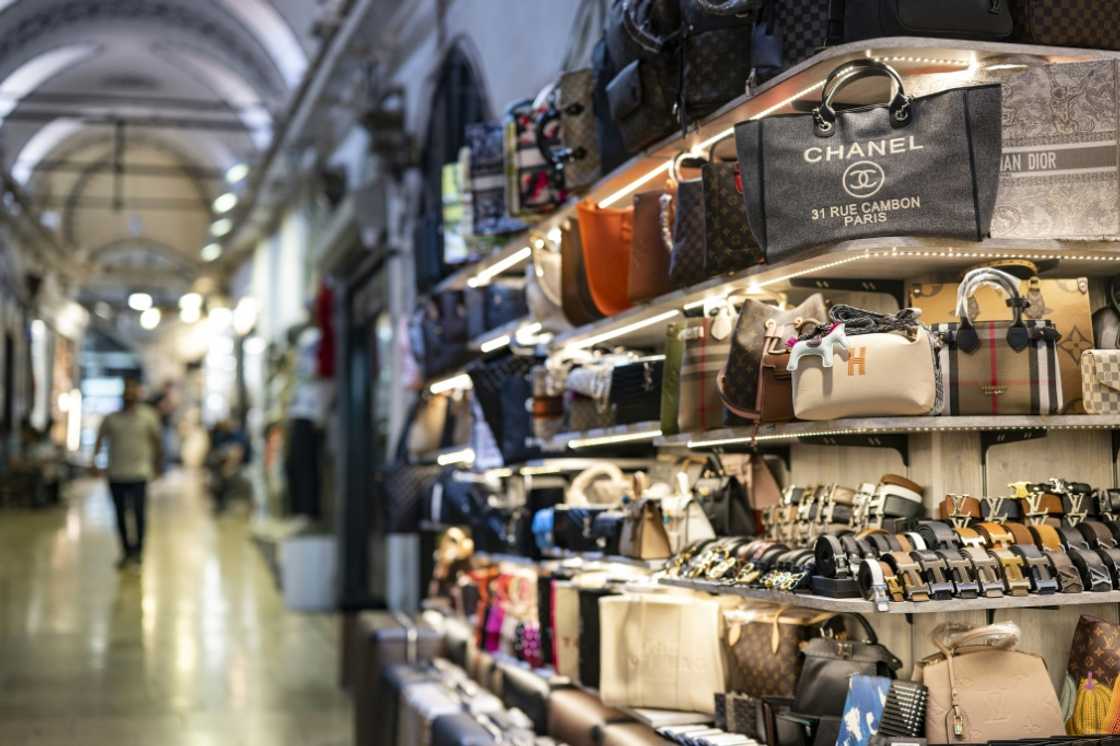
Source: AFP
"They make very high profits. You can see handbags being sold for thousands of dollars in the Grand Bazaar," said Dilara Bural, a criminologist at the UK's University of Bath.
Organised crime may be at work, "but we can't generalise and say that every single counterfeiting scheme in Turkey is linked to organised crime. That's not true," she underlined.
For Bural, the trade is enabled by a "widespread cultural acceptance of counterfeiting" in Turkey which "in some cases extends to key enforcers, including the police and the judiciary".
'I have no choice'
Turkish law firms hired by the luxury behemoths are trying to clamp down on the counterfeiters, but that task is easier said than done.
"The problem is that you need to get search warrants for every address. There are thousands of shops in the Grand Bazaar so you need to get thousands of seizure orders," lawyer Sena Yasaroglu told AFP.
He said that even with 20 people dealing with intellectual property cases at the Moroglu Arseven law firm where he works, the challenge was formidable.
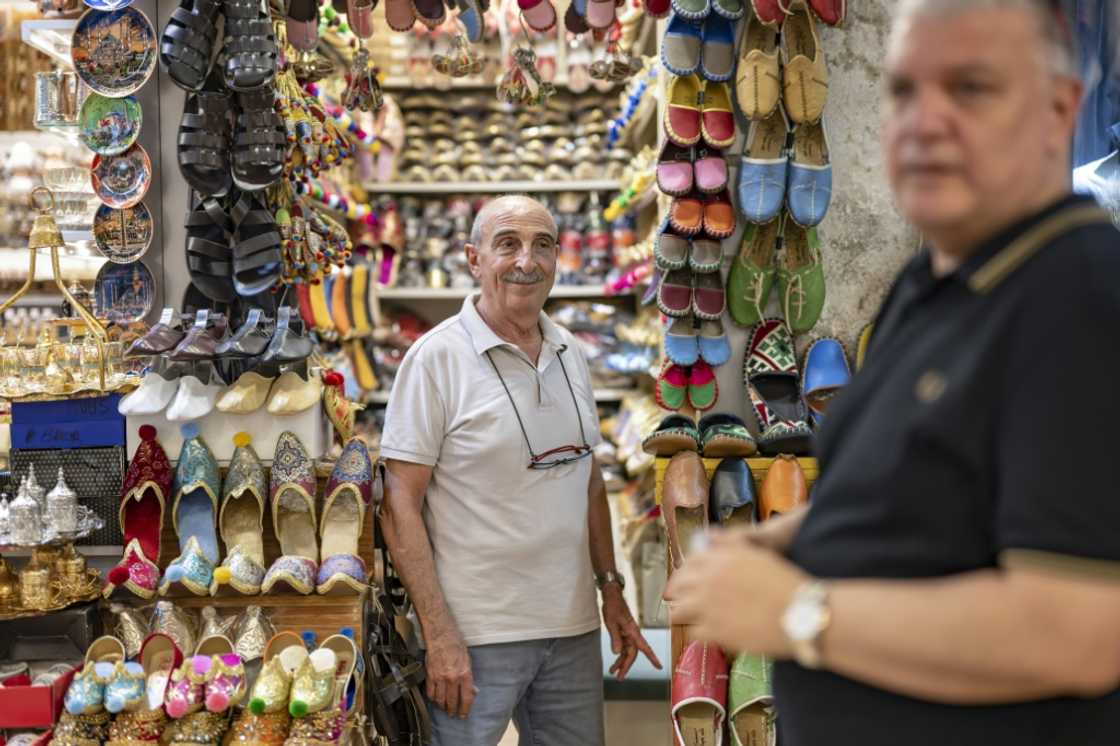
Source: AFP
A spokesman for the Grand Bazaar's board of directors insisted that "the Istanbul police carry out frequent inspections" on the shops.
Standing in front of his miniscule shop of 2.5 square metres (three square yards), which he rents for $1,000 a month, Murat said he worries about the inspections "every day".
In 2018, he and his brother saw the police swoop in on their business.
The bill was hefty: 800 fake bags seized and 40,000 euros ($43,500) in fines and legal fees.
Yet the 27-year-old shopkeeper from the southeastern agricultural province of Sanliurfa resumed trading straight away.
"I have no choice," he said.
"Otherwise, what would I do? Go back to be a shepherd in my village? I don't want to do that."
PAY ATTENTION: Stay informed and follow us on Google News!
Source: AFP

